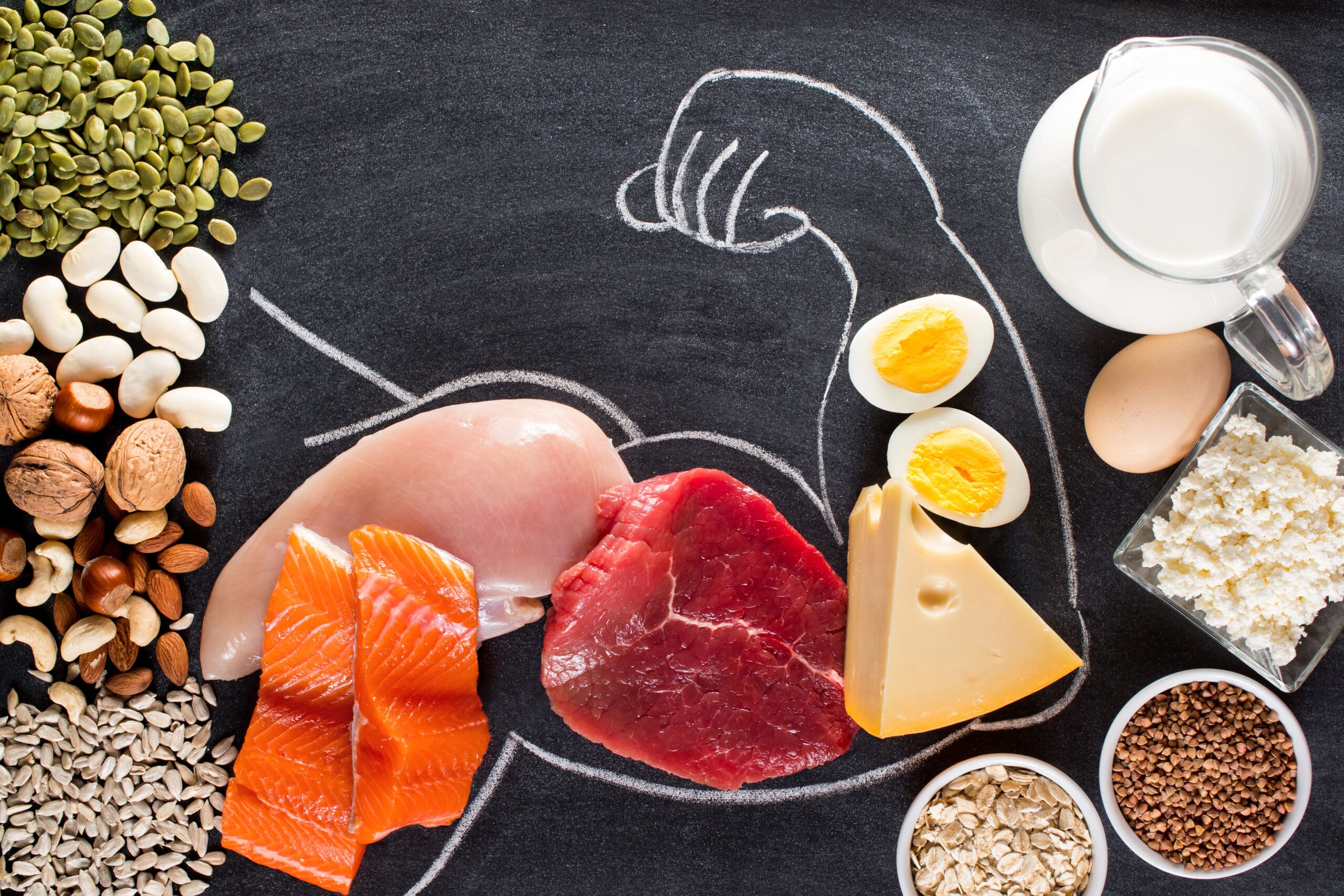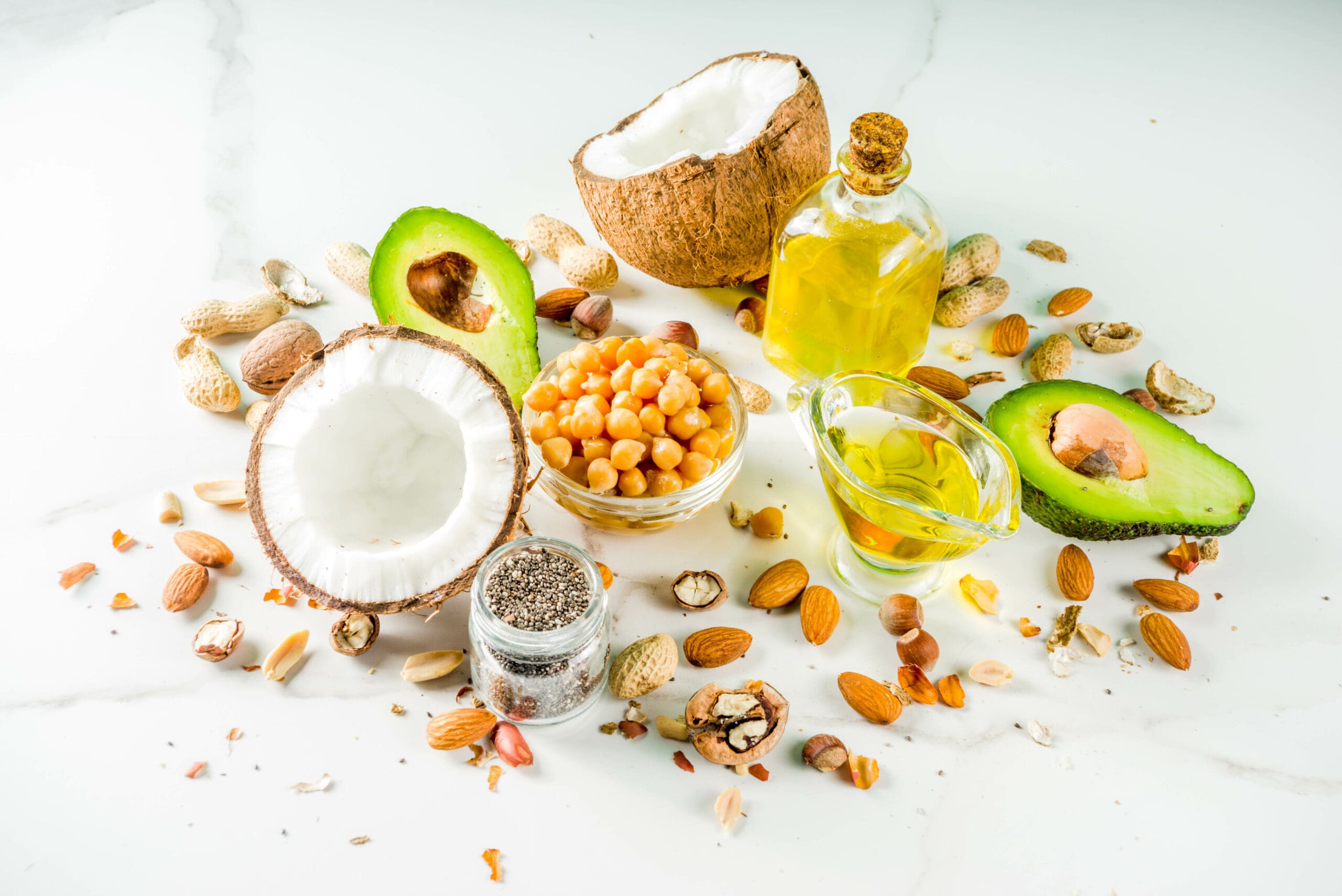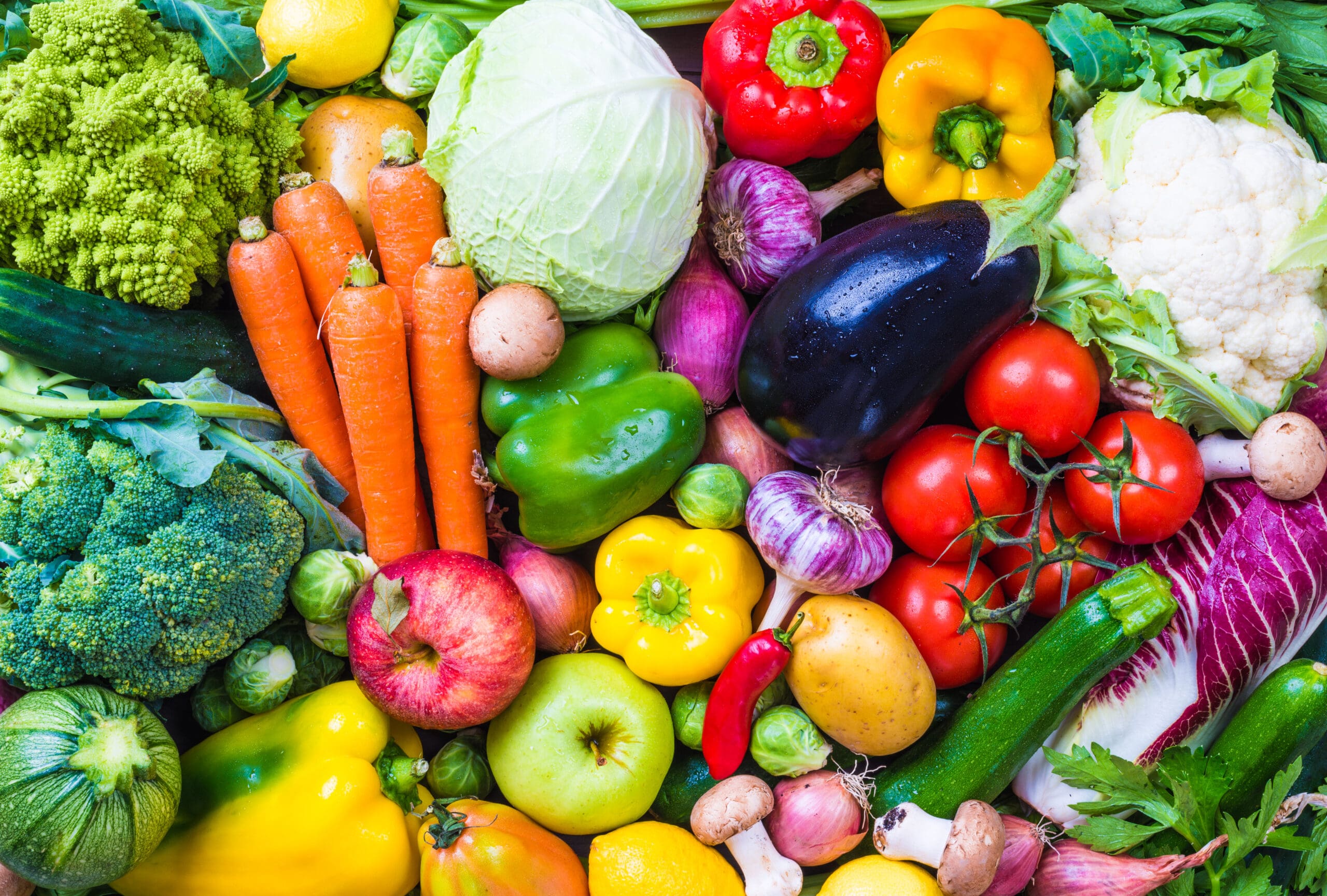Fatty liver raises the risk of cancer
By naturopath Margaret Jasinska
A new study has found that developing a fatty liver before age 45 increases the risk of cancer, especially digestive and lung cancer. This is a worrying finding considering how prevalent fatty liver has become in young people, even teenagers and children. It is also concerning because the incidence of lung cancer continues to be very high, even in people who have never been smokers. Bowel cancer rates continue to climb, especially in people under the age of 50.
Fatty liver is the most common liver disease in the world; it affects at least one in five people in the Western world. The problem is, the majority of people with a fatty liver are not concerned by it and not motivated to do anything about it. This is because fatty liver often produces no symptoms at all, or the symptoms are very mild. In reality, fatty liver should be a frightening diagnosis because it raises the risk of many other diseases, including heart attack, stroke, dementia and type 2 diabetes. The diseases that most people end up dying from are more likely to develop earlier in a person with a fatty liver.
Individuals with a fatty liver are usually overweight in their abdominal area, they may be tired and bloated and feel intolerant of the heat. Women with a fatty liver often suffer debilitating hot flushes at menopause but put the symptom down to a lack of hormones and take HRT (Hormone Replacement Therapy).
If people become more aware that a fatty liver is a major risk factor for strokes, heart attacks and diabetes, hopefully they will be more motivated to try and reverse it. The good news is fatty liver is reversible in the vast majority of cases; you just have to know which eating plan is best. Dr Cabot’s book Fatty Liver: You Can Reverse It contains a comprehensive plan to help you achieve just that.
Other strategies for reversing fatty liver


Ensure you eat protein at each meal
I recommend you consume 1 to 1.5 grams of protein per kilo of ideal body weight per day. Good protein sources include poultry, seafood, meat, eggs, unflavoured plain yogurt and whey protein powder. Protein promotes satiety and reduces cravings for carbohydrates.


Eat sufficient natural fats
You need to consume healthy fats to support healthy liver function and a fast metabolism. Healthy fats can be found in seafood, the fat on meat and poultry, cold pressed olive oil, coconut oil, raw nuts and seeds. On the other hand, harmful fats are found in all margarines and industrial seed oil such as corn and sunflower oil.


Get lots of vegetables into your diet
Raw vegetables and fruits are the most powerful liver-healing foods. Eat a large salad at least once a day, and make your own dressing made with cold pressed olive oil, apple cider vinegar, lemon or lime juice. Whilst attempting to reverse a fatty liver and lose weight, we recommend consuming no more than two pieces of fruit a day.


Try to have an active lifestyle
Maintain a regular exercise regime to boost your metabolism and reduce insulin levels. Good exercise options include walking, cycling, swimming and resistance exercises. Half an hour of exercise each day is optimal, and you may benefit from exercising with a friend or family member. Once you improve your liver function, you will notice your energy levels will rise and your mood and mental state will be much better.









Leave A Comment